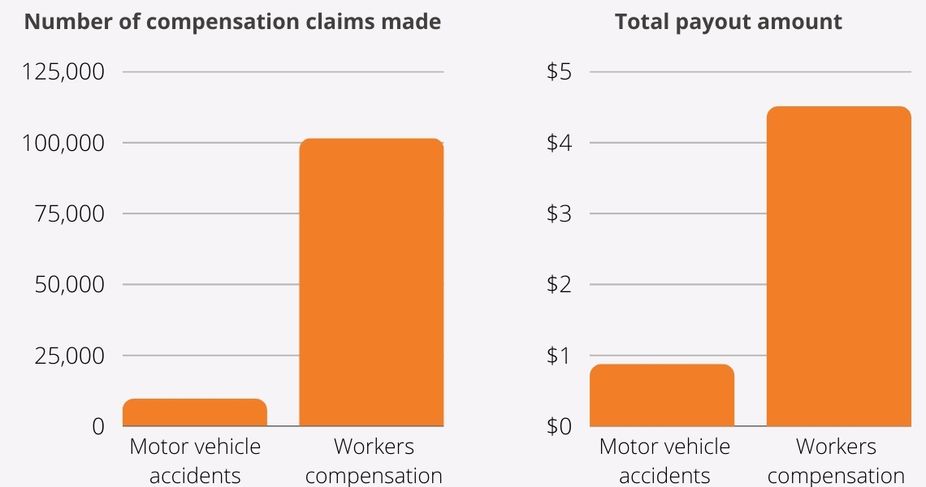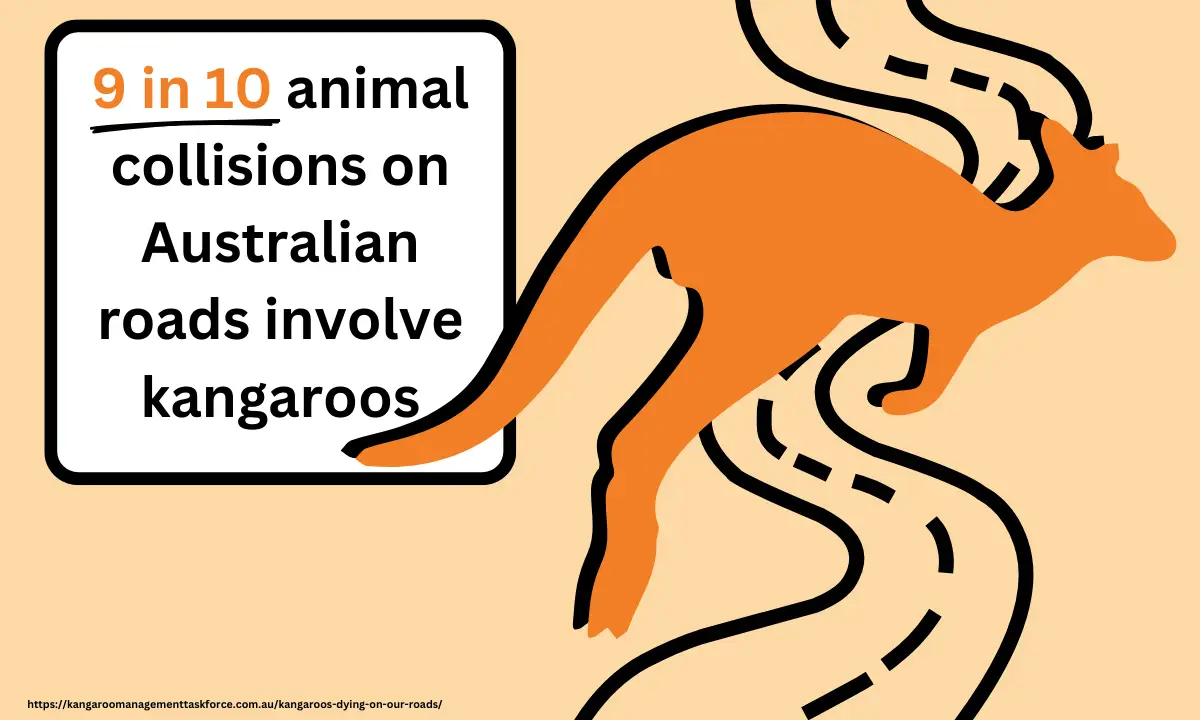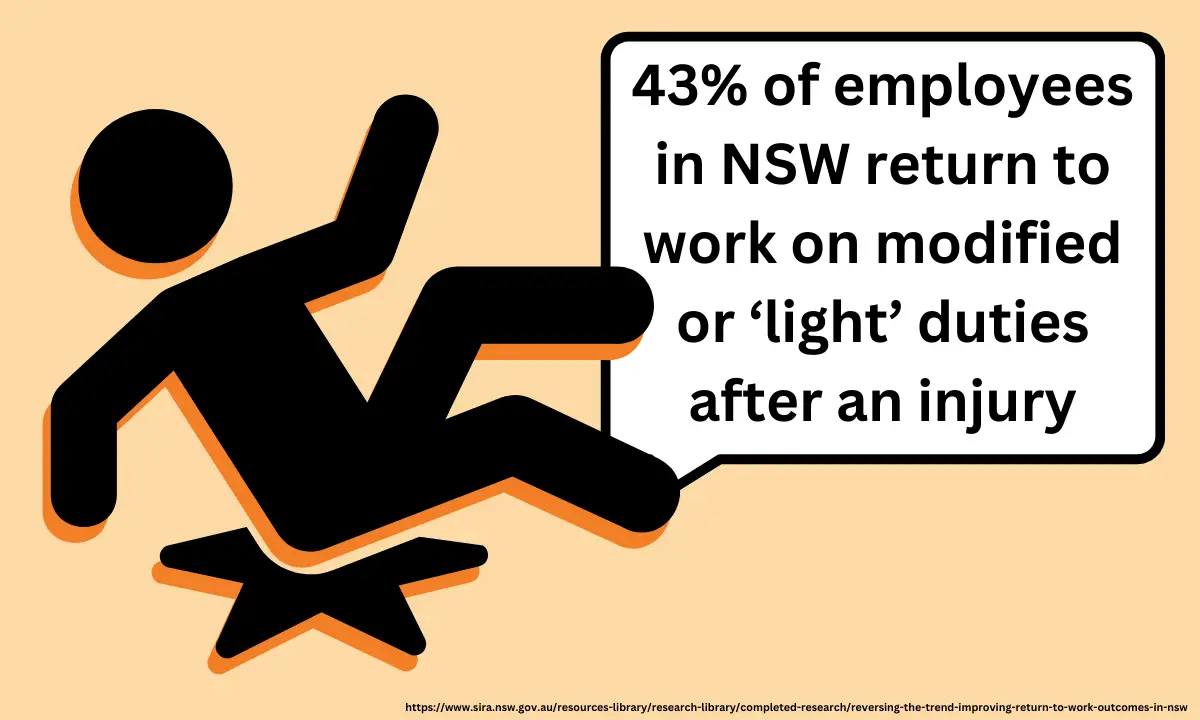If you have suffered an injury, you need to know what compensation you could be entitled to along with the process involved, what to expect and how you could have a lawyer acting in your best interests, at no out of pocket costs to you. Depending on how you were injured, you could also be entitled to a compensation payout amount.
This injury payout guide will help guide you to know where you stand.

What is a compensation claim anyway?
Under New South Wales (NSW) law, a compensation claim is a legal process that you go through claiming damages for an injury or loss you have suffered. The injury could be physical, psychological or both! There are different types of compensation claims that can be made in NSW, depending on the nature of the injury or loss and the circumstances in which it occurred.
What is a compensation payout?
A compensation payout is a financial payment made to you as a result of a successful compensation claim. Compensation payouts amounts are intended to compensate you for losses or injuries that you have suffered as a result of an accident, injury, or other incident. That can be both good and bad, depending on the specific circumstances of your claim and depending as to the amount of compensation payout you will be receiving.
For example, if it’s a work related injury and you then claim workers compensation and are eligible to claim a compensation payout then you would no longer have any entitlement for your injuries given you were awarded a compensation payout.
How will I know if am entitled to a compensation payout though?
If your injury occurred at or due to work.
Your eligibility to claim a compensation payout would depend as to whether your injuries were assessed at 15% whole person impairment and whether negligence could be established. If your injuries were assessed as less than 15% whole person impairment then generally you would not be entitled to a compensation payout, unless commutation applies, which is rare. If your injury occurred at or due to work then please click here to learn more about how you could make a common law payout claim or contact our common law lawyers for a free claim check.
If your injury occurred in or due to a motor vehicle
Eligibility to claim a compensation payout would depend on whether you were not considered mostly at fault in the accident and whether your injuries were non-minor. If your injuries are non-minor (example for physical would be a fracture or nerve damage or an example for psychological injury would be PTSD (Post Traumatic Stress Disorder) then you could claim a compensation payout for your loss of income/opportunity. Separately, if your injuries are assessed at 11% whole person impairment or more then your compensation payout should also include damages to take into account your pain and suffering. Please contact our motor vehicle accident lawyers to discuss your eligibility for a compensation payout if your injuries occurred due to or in a motor vehicle during our free claim check.
If your injury occurred in a public place such as a shopping Centre or at a café, for example, due to the negligence of the owner or occupier then you could be entitled to claim a public liability payout for damages to take into account your future loss of income, treatment expenses, domestic care expenses and pain and suffering compensation. Click here to find out more information about claiming a compensation payout with our public liability lawyers.
If your injury was caused by medical negligence, you could be entitled to a compensation payout if you can demonstrate your injury was caused by the negligence of a healthcare provider. Please click here to find out more with our medical negligence lawyers during our free claim check.
Lastly, if your injury or illness is preventing you from being unable to work within your field of education, training or experience, you could be entitled to claim a TPD (Total, Permanent & Disablement) payment through an insurance policy that may be included in your superannuation account. A TPD payment is not really considered a payout in most examples as you can still keep other benefits but it depends on the superfund. Our TPD Lawyers can help you understand more about your entitlements process and talk to you more about how we do a free claim check to help you identify whether or not you will be eligible.

What is the compensation payout I can claim?
Depending on the severity of your injury and the type of claim, compensation payouts can include either one or all of the following:
- your financial loss as a result of your time off work
- your medical and treatment expenses including travel expenses for attending appointments.
- domestic care or assistance required at home
- future lost income and medical expenses
- pain and suffering
Each compensation claim is unique, and the amount of compensation claimed will depend on your personal circumstances however, they will take into consideration the losses listed above.
What is the average payout for a personal injury claim in NSW?
Personal injury compensation payout amounts vary dramatically depending on the type of accident and the extent of your injuries, but here are some NSW statistics on compensation payouts:

Motor vehicle accidents:
Between August 2021 and 2022, 9,408 motor accident injury claims are lodged and $865M payout is made by way of benefits and lump sums in NSW, according to SIRA’s report.
The average payout per a motor vechicle accident claim is $91,943.
Workers compensation:
Between May 2021 and 2022, 101,280 workers compensation claims are lodged and $4.5 billion payout is made by way of benefits and lump sums in NSW, according to SIRA’s report.
The average payout per workers compensation claim is $91,943.
Medical negligence
According to Northern Daily Leader*‘s data between October 2016 and 2018, the average compensation payout of a health service facility is above $650,000
This figure is considered high than the average amount across NSW.
TPD claims
TPD insurance benefit payouts amounts are typically range between $40,000 and $350,000, with a significant number of payouts being over $100,000.
What is a serious injury claim payout?
A serious injury claim payout could be considered as a financial payment made a result of a successful personal injury claim involving a serious injury. Although there is no separate list of what is or is not a serious injury. Objectively, a serious injury is generally considered to be an injury, either physically or psychologically that has a significant impact on your ability to work and participate in their usual activities, and that may result in ongoing disability.
If you are able to establish that your let’s say, serious injury was caused by the negligence of another party, you may be entitled to make a claim for damages. If the claim is successful, you may be entitled to receive a compensation payout to cover a range of losses, depending on how your injury occurred, as mentioned above, including past and future economic loss, past and future medical expenses, and pain and suffering.
The amount of a serious injury claim payout will depend on the specific circumstances of the case and may be determined by settlement or by the Personal Injury Commission (PIC) or Court. Most of the time we are able to reach a settlement agreement with the other side without proceeding to PIC or Court. Although not always ideal, settlement provides more certainty in terms of what compensation payout you receive in comparison to leaving it up to a decision maker such as PIC or Court.
It is important to note that serious injury claim payouts may be reduced by any contributory negligence on the part of the individual making the claim. Contributory negligence refers to situations where the individual’s own actions or failure to take reasonable care for their own safety contributed to their injury.
How is my compensation payout amount calculated?
Sorry to be repetitive, but it really does depend on how your injury occurred.
The table below indicates how the whole person impairment (WPI) rate affects the permanent impairments payment amounts.
| Whole person impairment (WPI) | Permanent impairments payment amounts |
|---|---|
| 0% – 10% | $0 |
| 11% – 20% | $24,810 – $37,770 |
| 21% – 30% | $57,210 – $86,370 |
| 31% – 40% | $91,700 – $139,760 |
| 41% – 50% | $145,100 – $193,160 |
| 51% – 60% | $267,270 – $341,270 |
| 61% – 70% | $415,280 – $489,280 |
| 71% – 100% | $563,270 – $637,290 |
Table 1: Workers compensation weekly payments in NSW
Recent successful compensation payout we have for our clients
We recently resolved our client’s motor vehicle accident claim by way of determination in the Personal Injury Commission for approximately 1.2 million. That 1.2 million included a compensation payout amount for past and future loss of income as well as compensation for pain and suffering. He had not undergone surgery however we are successful in convincing the decision maker that he will have a significantly reduced earning capacity due to his lower back injury. The insurer had made it easy in that it made an offer that was, in our view, unreasonable and too low to recommend to our client to accept. In some cases, depending as to whether or not the offer the insurer makes is reasonable, we would advise our client as to our opinion as to what their claim is worth and whether or not they should accept the offer.
To us it’s not just the compensation payout that matters or the dollar figure, but rather, whether or not that compensation payout amount is appropriate for our client’s future given that it’s a lump sum payout. Whilst you may think a certain amount is enough or not enough, it really does depend on your circumstances the extent of your injuries, and how much a decision maker may decide your claim is worth should the matter not resolve at settlement.

What can I do to increase my compensation payout amount?
This sounds simple, but it doesn’t often get explained enough, that is, credibility. Be upfront, and disclose all information, whether it helps your claim or not, to your lawyer. Your credibility is in our view the most important thing and determining factor as to how much of a compensation payout amount you will ultimately receive.
When is the right time to settle my compensation claim?
Although this may seem like a simple question, it is undoubtedly one of the most important questions you should ask your compensation lawyer. The shortest possible answer is depending on the likeliness of you receiving more, net in your hand, by way of determination at either the Personal Injury Commission or Court. For more information please read our when should I settle my personal injury claim blog.




